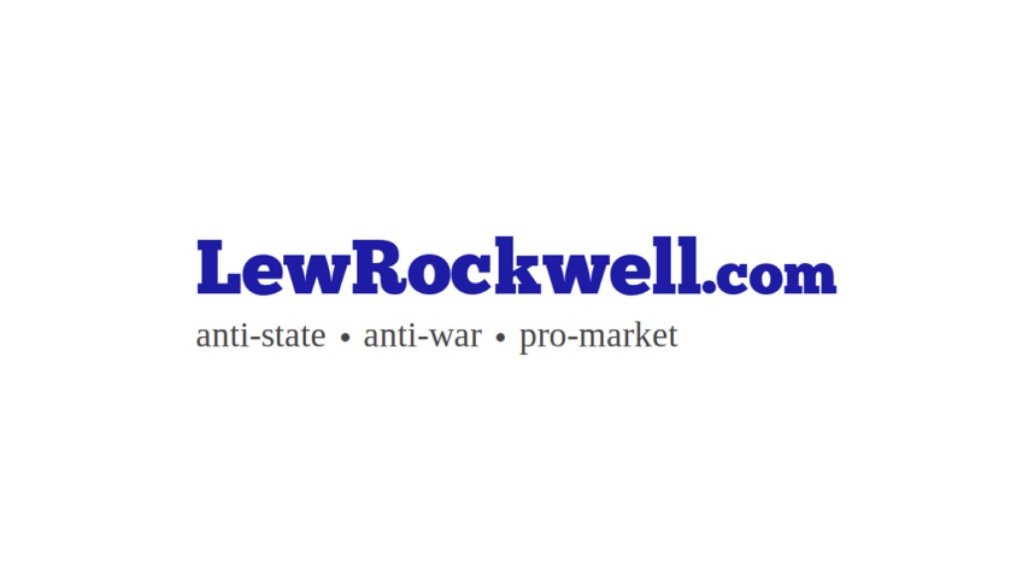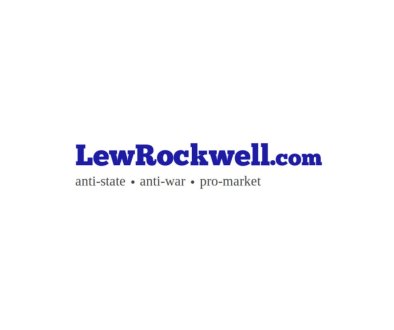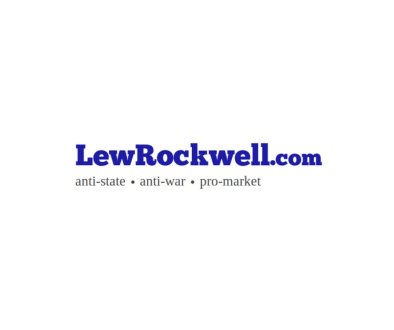The Beatitudes
“Blessed are the poor in spirit, for theirs is the kingdom of heaven.
Blessed are those who mourn, for they will be comforted.
Blessed are the meek, for they will inherit the earth.
Blessed are those who hunger and thirst for righteousness, for they will be filled.
Blessed are the merciful, for they will receive mercy.
Blessed are the pure in heart, for they will see God.
Blessed are the peacemakers, for they will be called children of God.
Blessed are those who are persecuted for righteousness’ sake, for theirs is the kingdom of heaven.
Blessed are you when people revile you and persecute you and utter all kinds of evil against you falsely on my account. Rejoice and be glad, for your reward is great in heaven, for in the same way they persecuted the prophets who were before you.” —Gospel of Matthew 5:3-12
Last March, at a hospital in the small city of Hudson in upstate New York near where I live, I was checking in to have some bloodwork done as part of an elusive search to get at the root cause of a possible neurological condition. I was sitting on one side of a row of desks and a nurse was sitting across from me, tapping away at a computer keyboard to record my answers to her questions.
The hospital stands high on a hill on a choice chunk of real estate with a view to the west toward the Hudson River in the distance and the rolling, rounded shoulders of the Catskill Mountain range beyond. The hospital architects had taken advantage of this position and designed the building with large windows on the western side so you could see all of this natural splendor that often makes me think of the 19th-century Hudson River School of art. Among the school’s most renowned practitioners were Frederic Edwin Church and Thomas Cole, whose homes and studios stand today as museums little more than a stone’s throw from where I was sitting.
It was sunny outside with a few fluffy, scattered clouds that looked like real clouds, not the gauzy products of chemtrails with which the skies of this area are regularly sprayed. I was grateful for that. I wanted to be in a good mood. I don’t like hospitals or needles—or suspicious-looking clouds.
At one point in her line of questioning, the nurse asked me, from a list of possibilities, what my religious affiliation was. The question took me by surprise. When the nurse recited the final choice of “none,” I repeated “none.” I said it without really thinking about it. Click went the keyboard. I was surprised by the question. Was a simple blood draw capable of putting me in such a state that I’d need last rites?
As the nurse asked me several more questions and as I sometimes glanced out the wall of glass at the vast expanse of beauty outside, I thought about what I’d just done. We are at war, I thought. And, as the saying goes, there are no atheists in foxholes, I thought. And I thought I’d better come clean and do whatever I could to get right with God right then and there and not waver for another second longer. For who knows when or where or how the evil ones in high places will strike next? Or how bad it will be? The presidential election was still months away and there was no telling then what was going to happen between then and November or how the election was going to play out, if the grotesque nightmare we’ve been living under since the stolen 2020 election was going to continue for yet another four years—or not.
That first, automatic response of mine had little to do with any irresolution on my part. I said “none” because I thought that my religious affiliation was no one’s business but my own. But then I thought, no. Why hide anything about that? What was I afraid of? I remembered Jesus telling his followers early in his ministry about how no one lights a lamp and then covers it up; you put it on a lampstand and it gives light to all of the house. In the same way, he said, let your light shine before others. And I also thought of one of Jesus’ disciples, Peter, denying that he ever knew Jesus as Jesus was being tortured in the hours before his execution. I do not, I thought, want to be that guy.
“Can we go back and change my religious affiliation?” I asked.
“Sure,” the nurse said.
“Make it Christian.”
She nodded, clicked on the keyboard. And there it was, on my official medical record. There was no priest to witness this unexpected turn of events. No baptism. No holy water. No visible water of any sort anywhere except in the slow-moving Hudson River maybe a mile away and in a nearly empty water cooler by the door. No confession of sins. No recital of the Nicene Creed. The heavens did not open. I saw no angels or doves. It was all just between me and the nurse. And God.
***
Jesus was not a Christian, of course. He was Jewish. And, of course, no one was called a “Christian” in the earliest days of what we call Christianity today. Those who came to follow Jesus were Jewish men and women who felt disenfranchised and subjugated by both their corrupt religious overlords—the Sadducees and the Pharisees—and the Roman occupiers of Palestine.
They came to believe Jesus knew something important about life (and death) that they did not, and he made no bones about it. They were drawn to him at first because of his miraculous healings of “every disease and every sickness among the people” (Matthew 4:23). And while those healings continued, what ultimately drew people to him were the words he spoke. Because he spoke his mind. And because he spoke to a transcendent reality that is always with us and toward which, through thick and thin, we can always aspire. We know this today because we have written records from eyewitnesses of some of the things he said back then, some of which are collected in the New Testament. We can see for ourselves that Jesus did not mince words.
And, to be sure, his followers must have found solace and support in his words. Jesus had no intention
Article from LewRockwell

LewRockwell.com is a libertarian website that publishes articles, essays, and blog posts advocating for minimal government, free markets, and individual liberty. The site was founded by Lew Rockwell, an American libertarian political commentator, activist, and former congressional staffer. The website often features content that is critical of mainstream politics, state intervention, and foreign policy, among other topics. It is a platform frequently used to disseminate Austrian economics, a school of economic thought that is popular among some libertarians.




